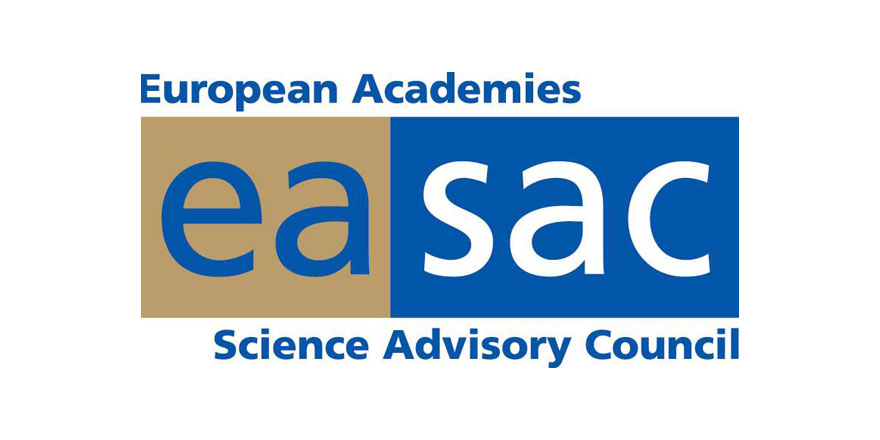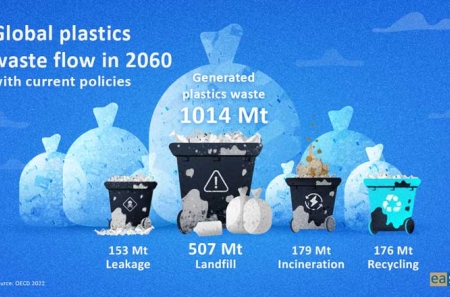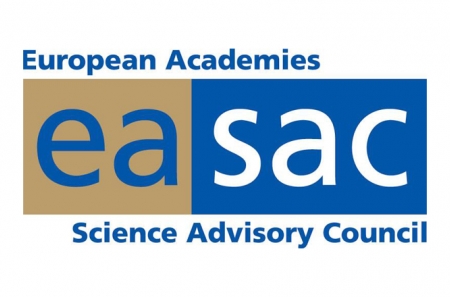
Extreme Weather Events in Europe
28 March 2018Ray McGrath, UCD comments on Extreme weather events in Europe in the latest blog from the Climate Change and Environmental Sciences Committee
(Blog post content and statements are proprietary to the authors. Each author represents only themself and their own opinion.)
Orange weather alert: this report may prompt you to think about weather extremes
Has Ireland simply been unlucky in having two major weather events in the last few months (snows in March, and severe winds last October due to extratropical storm Ophelia), or, is this part of a trend in the climate? Is it linked to global warming?
The ESAC report tries to address these issues, not specifically for Ireland but for Europe in general. Interestingly, while some weather extremes show evidence of a link to global warming (e.g. extreme rainfall) the report uses ‘climate change’ in a general sense to include cases that may be due to natural variability. This makes sense as regardless of the cause any evidence of an increasing trend in weather extremes is of concern and should prompt adaptation measures to lessen the impacts on society.
Analysing weather extremes is tricky as we don’t have an inexhaustible supply of climate records; short-duration data trends may disappear when new observations become available. Reassuringly, this updated report confirms the 2013 study on the trends in floods and other hydrological events in Europe since 1980. The changes over the 36-year period are impressive: globally, a quadrupling of extreme hydrological events since 1980; a doubling in extreme winds/storms over the same period. Trends in extreme temperatures, droughts and forest fires, while smaller, are also apparent.
You might expect that the economic losses, suitably adjusted for inflation and changing infrastructure vulnerability, would show a similar large increase. In fact, the flood losses in Europe are relatively flat. This is probably due to implementing adaptation/mitigation strategies. Another contributing factor, not mentioned in the report, is the huge improvement in weather forecasts in recent years – remember our own recent snow warnings and how useful they were.
Will global warming shut down the Gulf Stream, or, more specifically, the Atlantic Meridional Overturning Circulation (AMOC)? This would likely have a large impact on the Irish climate. The report notes there is observational evidence of a decline in the strength of the AMOC but there remain considerable uncertainties on future changes. Observations of the strength of the AMOC play a vital role in not just monitoring the current state but also validating model projections.
The report also notes a possible linkage between ongoing warming in the Arctic and extreme winter weather over parts of Europe. Whether this is a harbinger of a greater risk of future cold winters for Ireland remains to be seen.
The report concludes with a series of recommendations linked to adaptation; key among them is the need to improve our knowledge and understanding of the climate, particularly at a local level.



